A U.S. district judge has made a pivotal decision in former President Donald Trump’s legal battle over his federal classified documents case. The court denied Trump’s motion to dismiss the case based on claims of unconstitutional vagueness.
This motion, alongside an argument regarding the Presidential Records Act, represented Trump’s legal team’s efforts to challenge the indictment. Judge Aileen Cannon’s ruling highlighted the complexity of the issues at hand, stating that while Trump’s argument deserved “serious consideration,” a premature decision on these matters was to be avoided.
Judge’s Rationale Explained
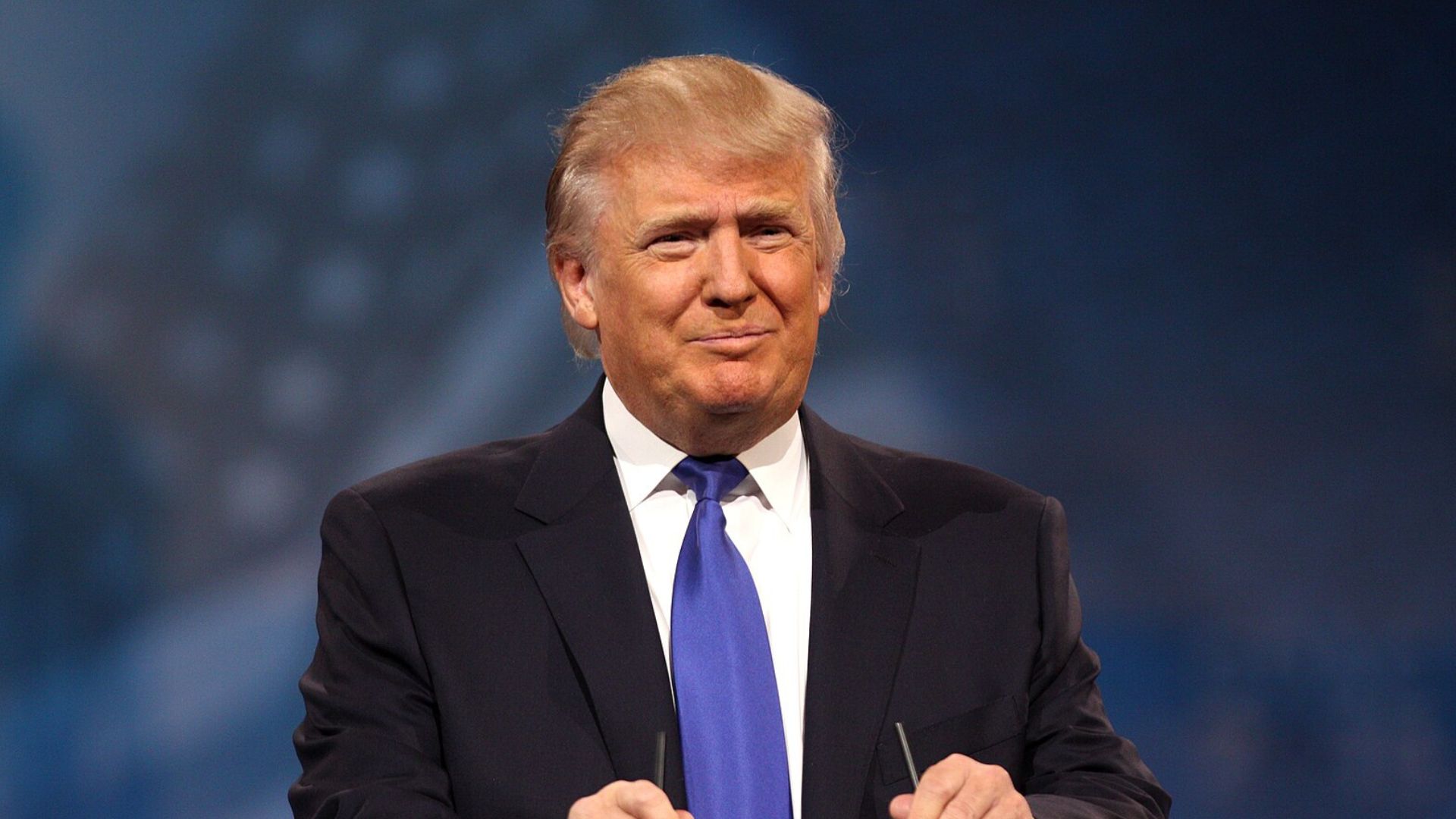
In her detailed analysis, Judge Cannon elaborated on her decision to deny the motion. She stressed that the motion presented various arguments that necessitated careful consideration.
However, she concluded that resolving the overall question hinged too significantly on contested interpretations of statutory terms and phrases, along with disputed factual issues. This complexity led to the dismissal of the arguments without prejudice, allowing for the possibility of revisiting these points later in the case.
Skepticism Towards Dismissal Based on Presidential Records Act
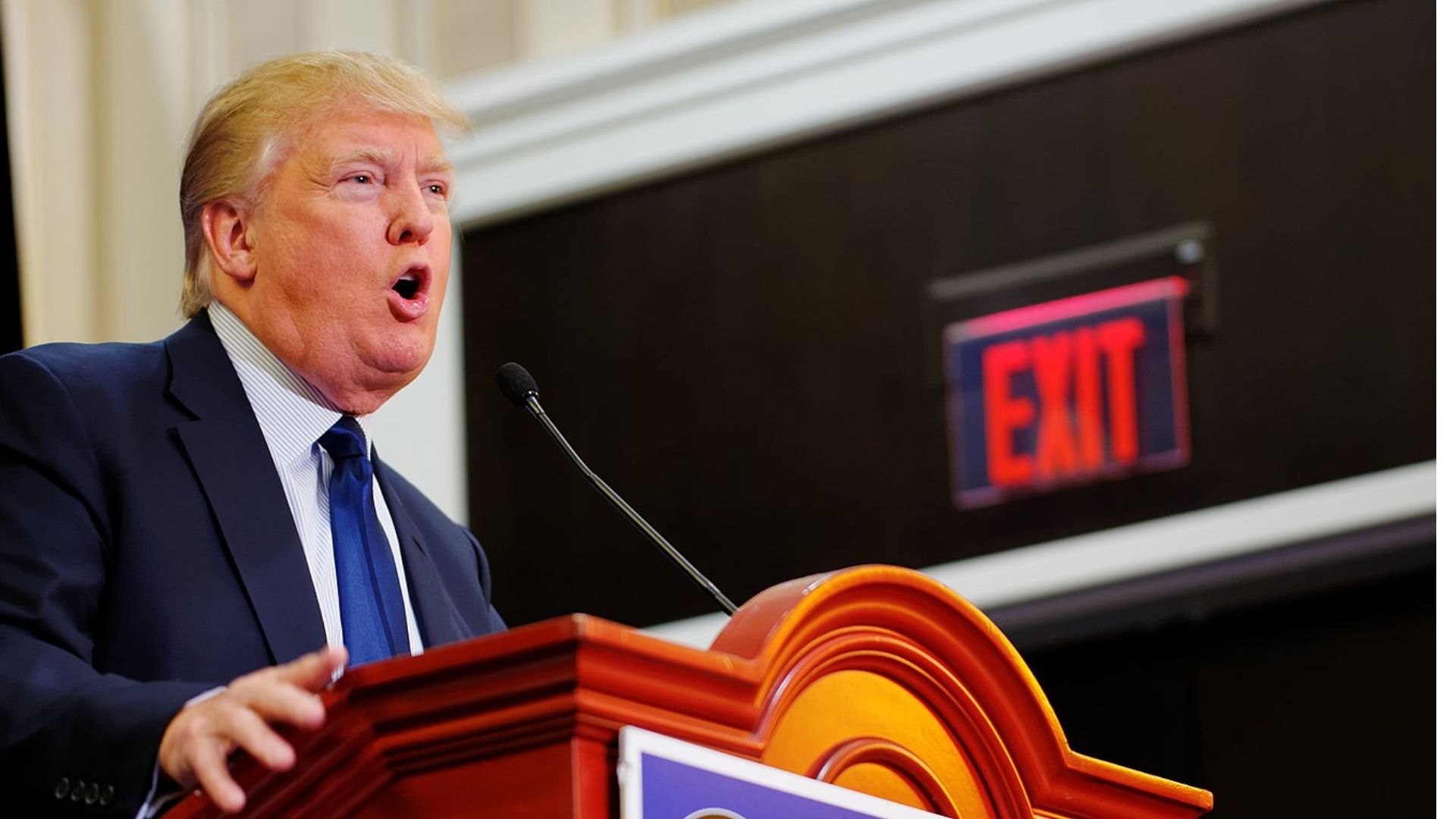
The hearing revealed Judge Cannon’s skepticism regarding the motion to dismiss based on the Presidential Records Act.
She hinted at the challenge of seeing how the act could lead to a dismissal of the indictment. This stance showcased the judge’s careful consideration of the legal arguments presented and her reluctance to prematurely conclude the case’s fate based on this argument alone.
Trump’s Legal Strategy Under Scrutiny
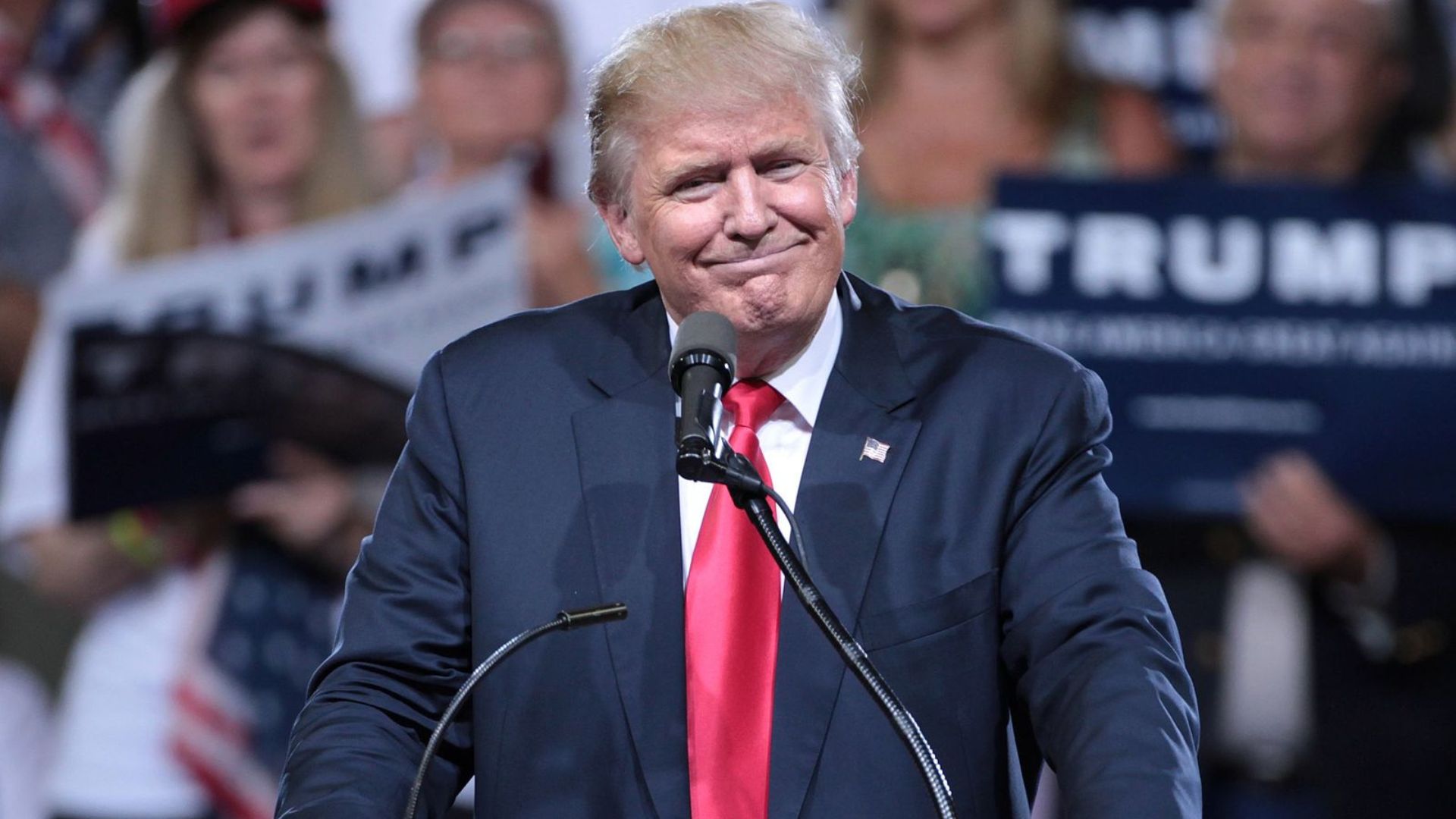
During a court session in Florida, Trump’s legal team argued vigorously for dismissing the classified documents case. Their argument centered around the alleged unconstitutionality of the vagueness of the laws in question.
Special counsel Jack Smith, responsible for bringing the charges against Trump, attended the hearing, indicating the high stakes involved. The session unfolded without an initial mention of the trial date, focusing instead on the intricate legal debates.
Defense Arguments on Unconstitutional Vagueness
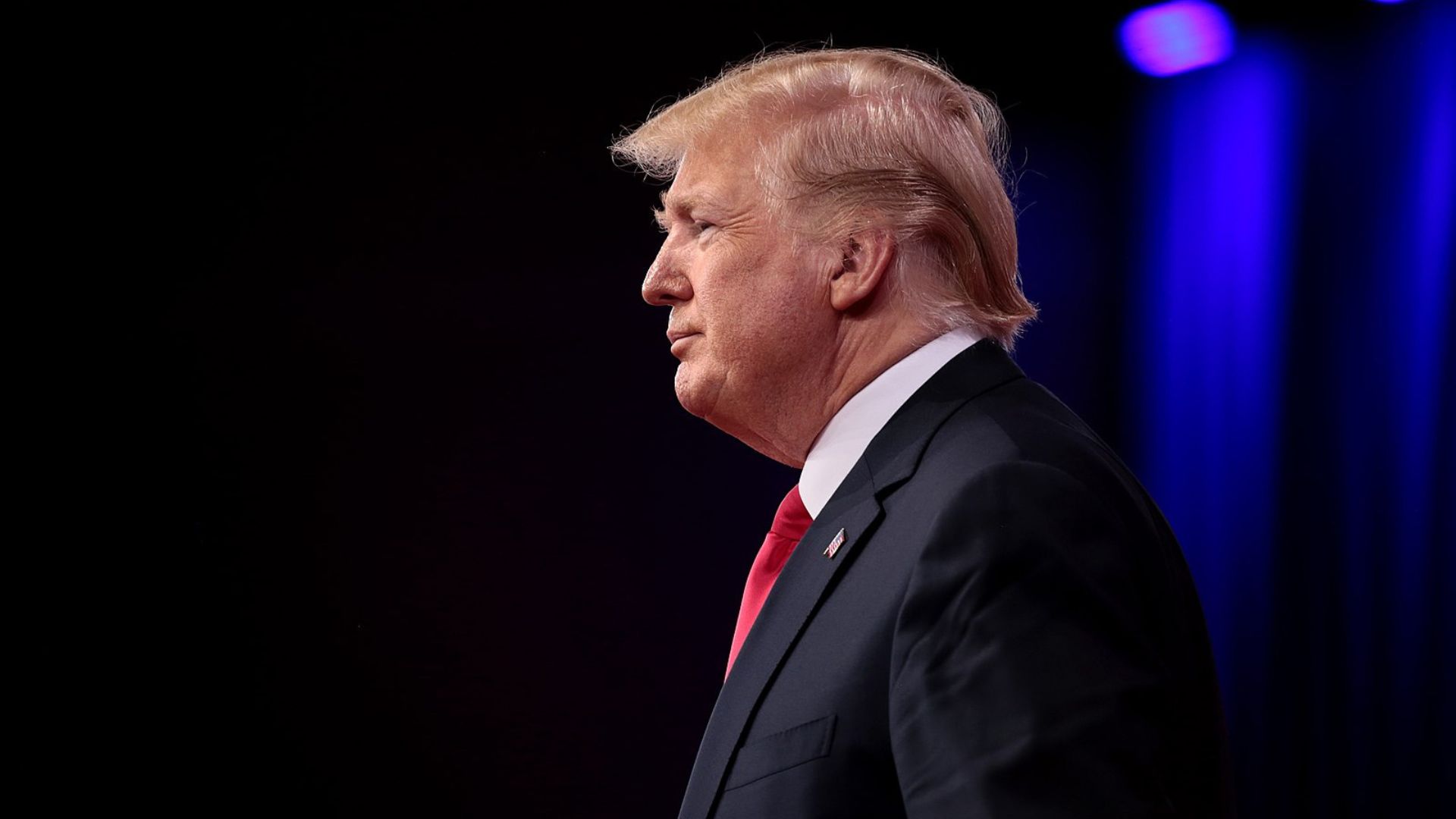
Emil Bove, a defense lawyer for Trump, argued that the case against the former president was based on a double standard, particularly when compared to past presidents’ handling of sensitive information.
This claim aimed to highlight perceived inconsistencies in the application of the law, suggesting Trump was unfairly targeted. Bove’s argument challenged the constitutionality of applying the statute to Trump, given these alleged disparities.
Judge Cannon Questions the Defense

Judge Cannon actively engaged with the defense’s arguments, questioning the basis of their claims regarding unconstitutional vagueness.
Her inquiries focused on the definitions and applications of the terms involved, demonstrating the court’s thorough examination of the legal arguments presented.
Debate Over the Presidential Records Act

The courtroom debate extended to the application of the Presidential Records Act, with Trump’s legal team arguing for the dismissal of the indictment based on this law.
They claimed that Trump had the authority to designate records as personal, a practice they argued was consistent with actions taken by previous presidents. This argument was met with skepticism by Judge Cannon, who suggested that such claims might be more appropriately addressed at trial.
Prosecution’s Response to Defense Arguments
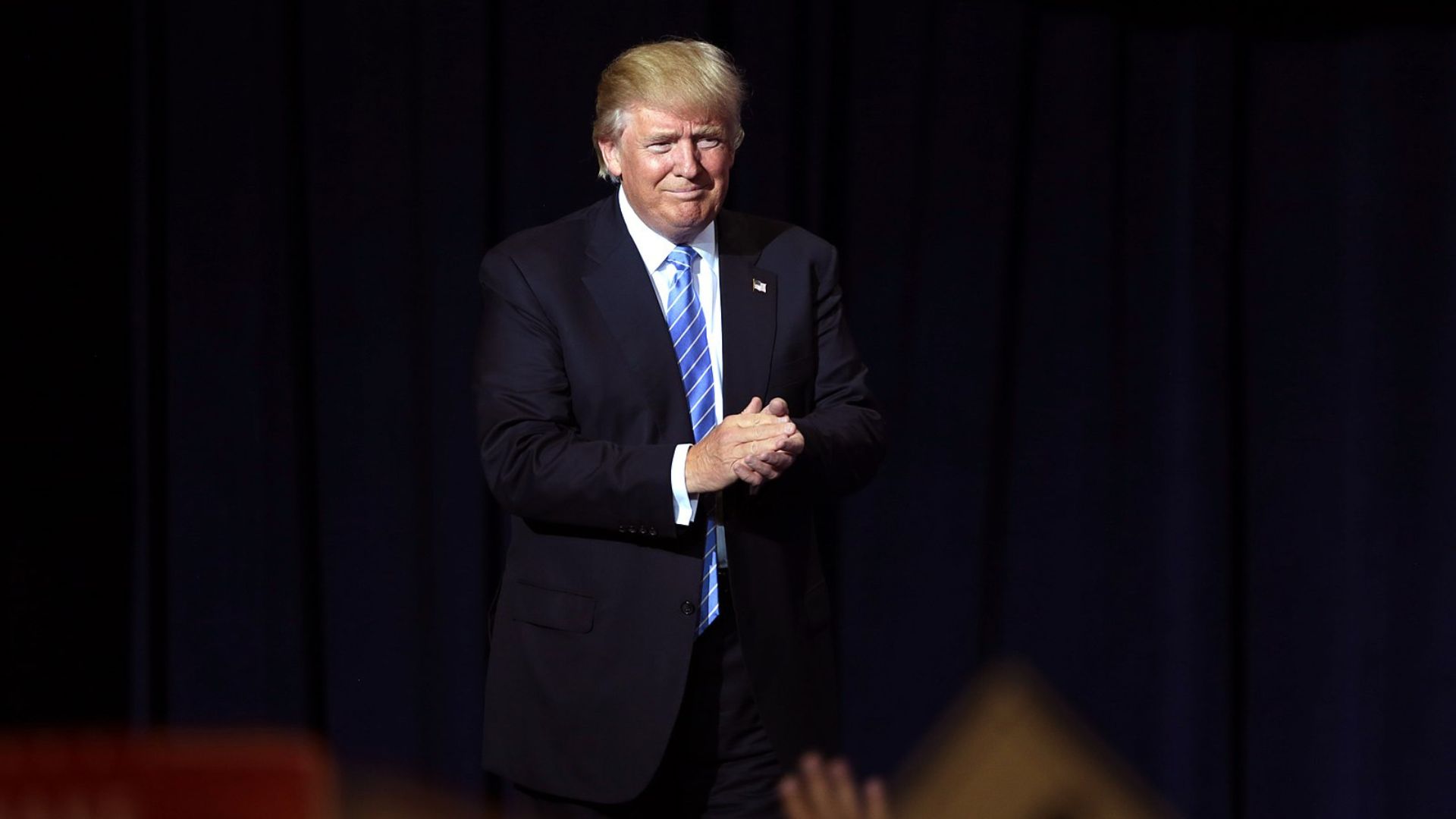
The prosecution countered the defense’s claims by emphasizing the clarity of the laws Trump was accused of violating.
Special counsel prosecutor Jay Bratt argued that the documents in question were not personal creations of Trump but were instead provided to him in classified briefings. This clarification aimed to refute the defense’s arguments regarding the applicability of the Presidential Records Act and the constitutionality of the Espionage Act.
The Presidential Records Act in Historical Context

The Presidential Records Act, pivotal to the legal arguments, was enacted following the Watergate scandal to ensure the preservation of presidential records.
Trump’s lawyers argued that this law gave Trump the discretion to determine the classification of the documents found at his Mar-a-Lago estate. They contended that the law did not permit criminal charges for the handling of presidential records, presenting a legal interpretation meant to defend Trump’s actions.
Defense’s Stance on Presidential Authority
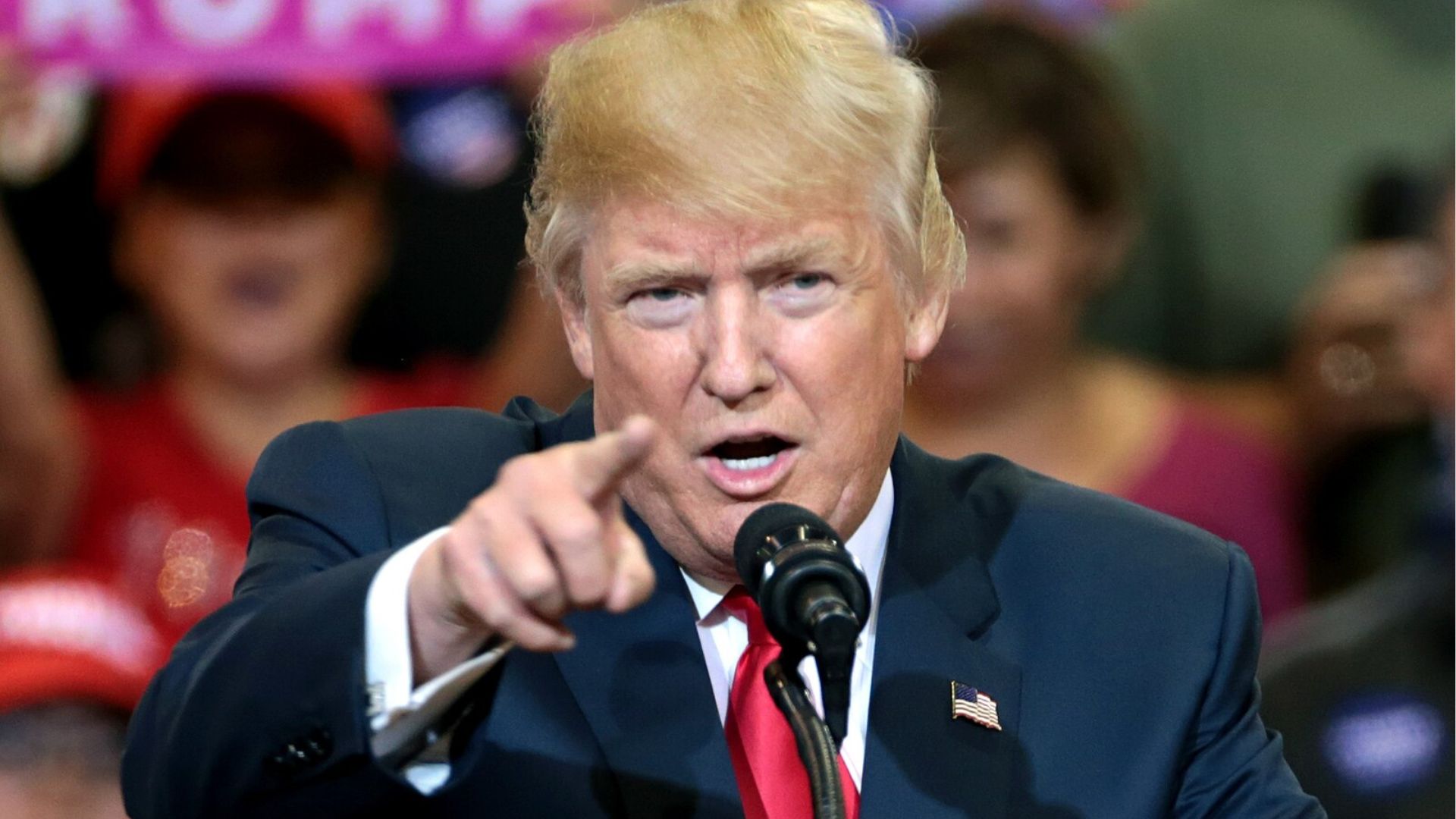
Trump’s defense team argued that the former president was singled out by the government in a manner inconsistent with the treatment of previous presidents.
They maintained that Trump’s determination of documents as personal or presidential fell within his authority and was in line with historical practices. This argument sought to challenge the premise of the charges against Trump, suggesting a unique application of the law in his case.
Uncertainty Surrounding Trial Date
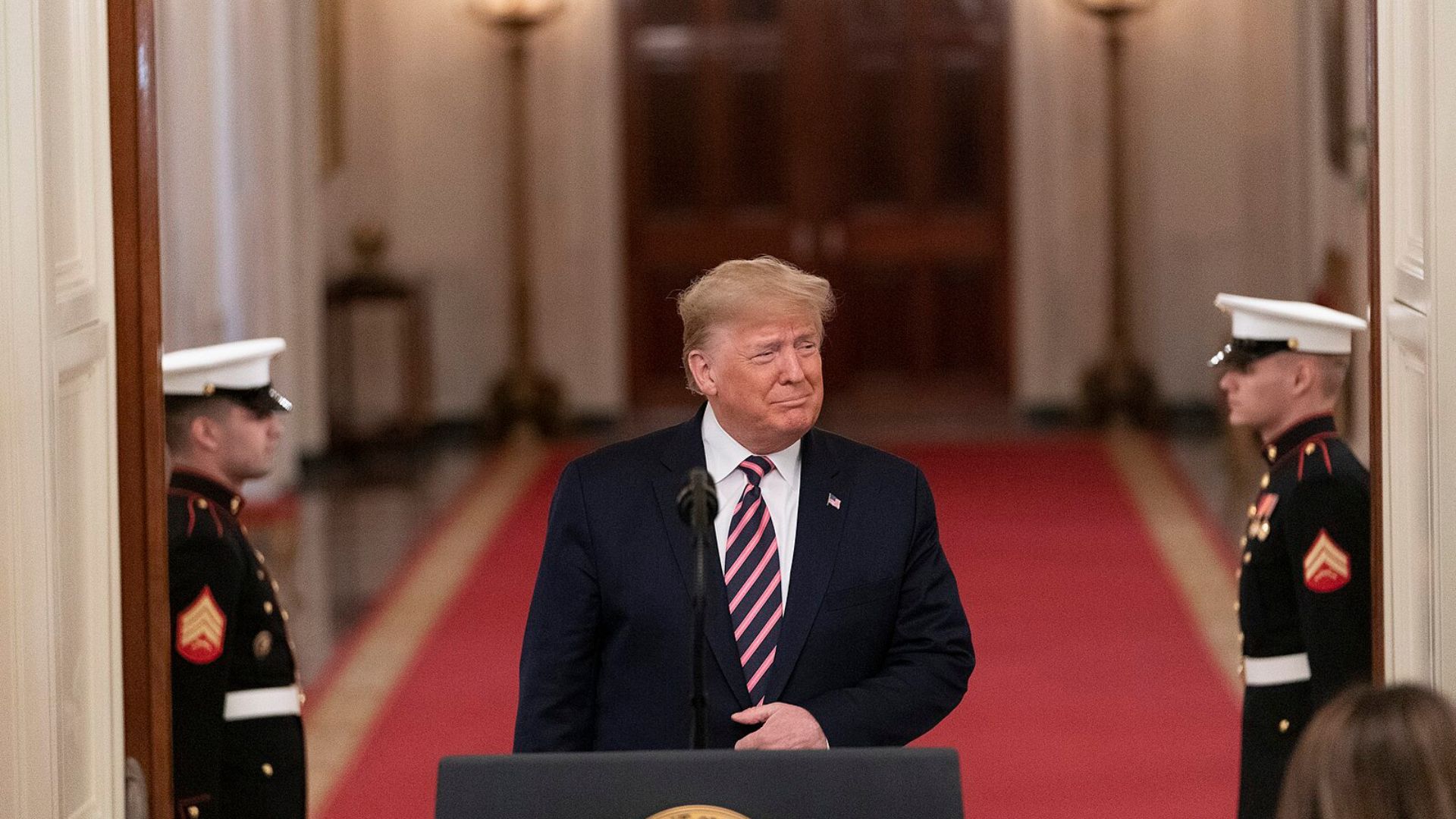
The trial’s start date, initially scheduled for mid-May, became a topic of uncertainty as discussions about a potential delay emerged.
This aspect of the legal proceedings underscored the ongoing complexities and the significant preparatory work required in the pretrial phase.
The Larger Legal Landscape Facing Trump
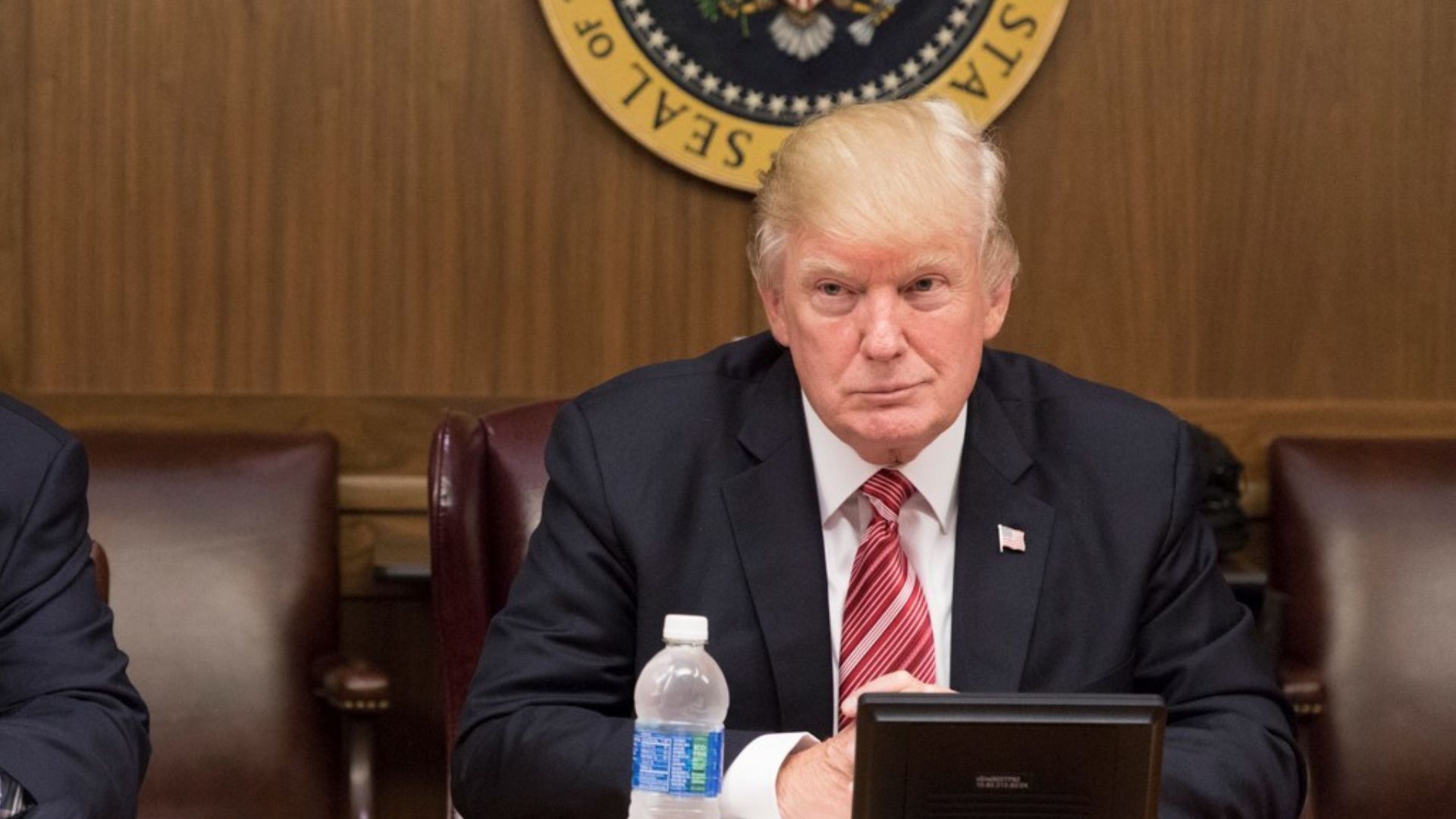
As the hearing concluded, it was evident that this case is only one part of a broader series of legal challenges facing Trump.
With additional trials on the horizon, including a significant case in New York, Trump’s legal team is navigating a complex landscape of litigation. The outcomes of these proceedings will have far-reaching implications, not only for Trump but also for the legal precedents related to presidential records and accountability.
